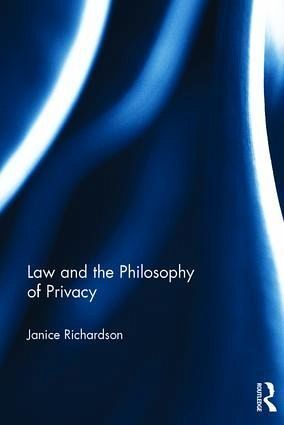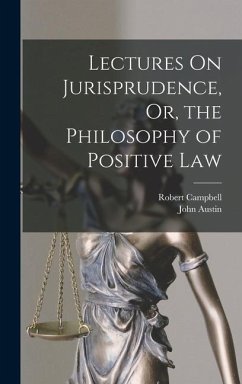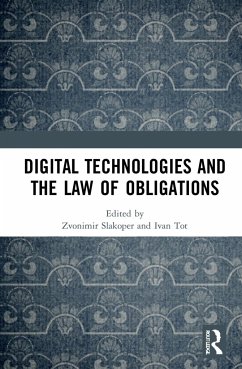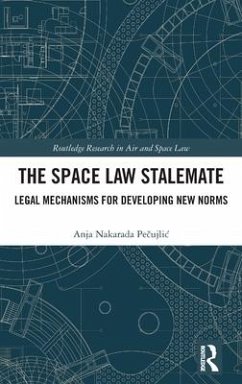
Law and the Philosophy of Privacy
Versandkostenfrei!
Versandfertig in 1-2 Wochen
177,99 €
inkl. MwSt.
Weitere Ausgaben:

PAYBACK Punkte
89 °P sammeln!
Law and the Philosophy of Privacy draws upon contemporary feminist philosophy in order to consider the meaning of legal personhood, its relationship to human freedom and autonomy and its connection to what is classified as public and private.













